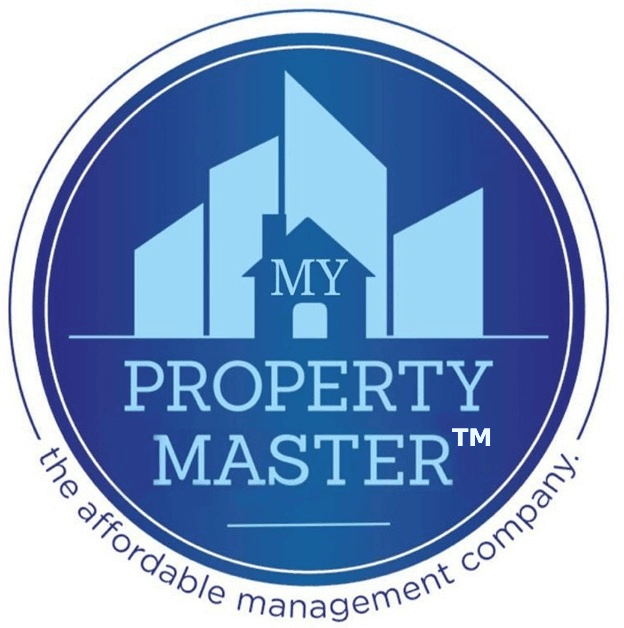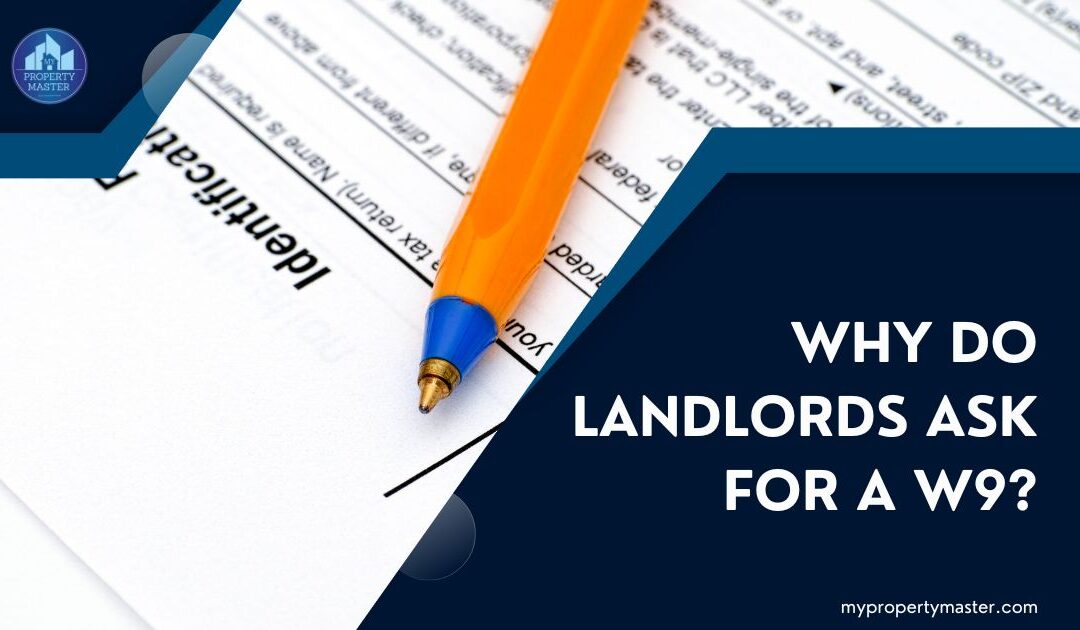In property management, tenants often encounter various forms and requests from landlords. One form that might raise questions is the W-9. What exactly is it, and why is your landlord asking for it?
Let’s break it down in simple terms.
Understanding the W-9 Form: Why your landlord needs it and what it means for you

The W-9 form is not unique to the property rental world; it’s a standard tax form issued by the Internal Revenue Service (IRS).
Its primary purpose is to collect information about taxpayers. In renting property, landlords may request their tenants to fill out a W-9 for specific reasons.
Tax identification purposes
When a landlord asks for your W-9, they seek your Taxpayer Identification Number (TIN). If you operate as a business, this could be your Social Security Number (SSN) or an Employer Identification Number (EIN). This information is crucial for the landlord’s tax reporting obligations.
Read also: What rights do tenants have without a lease?
Security deposit documentation

If you’ve ever wondered why a landlord might need a W-9 concerning your security deposit, here’s the scoop. Security deposits are often held in an interest-bearing account. The interest earned on this account is taxable, and the IRS requires landlords to report it. Hence, they need your TIN to associate the interest income with the correct taxpayer.
Read also: How many occupants are allowed in a one-bedroom apartment?
Legal compliance
Landlords are obligated to comply with tax laws and regulations. Requesting a W-9 helps them fulfill their legal responsibilities, ensuring accurate reporting and transparency in financial dealings.
Streamlining financial transactions
For landlords engaging in numerous financial transactions with their tenants, having the necessary tax information on hand makes the process smoother. It allows for seamless record-keeping and simplifies the overall financial management of the property.
What tenants should know
Now that I’ve demystified the purpose behind the W-9 request, here are a few things tenants should keep in mind:
- Confidentiality: Your TIN is sensitive information. Ensure you provide it directly to your landlord (or property management company) through a secure and trusted channel.
- Timely Response: If your landlord requests a W-9, respond promptly. This helps them meet their obligations and ensures a positive landlord-tenant relationship.
- Clarification: If you have any concerns or questions about why the W-9 is needed or how the information will be used. Don’t hesitate to ask your landlord for clarification. Open communication is key.
Frequently asked questions
A W-9 is a tax form used in the U.S. It’s like an information sheet, not for the IRS but for the person or company you work for. Your landlord might ask you to fill it out if you’re renting. It has your Taxpayer ID (like your Social Security Number), ensuring they can report the rent they get and follow tax rules. It’s a way to keep things clear and legal. So, don’t stress; it’s a routine thing to help everyone stay on the right side of tax stuff.
It’s filled out by the person or company receiving income, not the one paying. If you’re a tenant, your landlord might ask you to fill it out. It includes your Taxpayer ID (like your Social Security Number), helping them report the rent they get and stay on the right side of tax rules. It’s a routine thing to keep everything clear and legal.
A 1099 is a tax form in the United States used to report various types of income received by individuals, independent contractors, and businesses other than regular salary or wages. There are different types of 1099 forms, each corresponding to specific types of income. For example:
1099-MISC: Reports miscellaneous income, such as freelance or contract work.
1099-INT: Reports interest income earned, typically from banks or other financial institutions.
1099-DIV: Reports dividends received from investments in stocks or mutual funds.
1099-R: Reports distributions from retirement plans, like pensions or IRAs.
Recipients use information from these forms to report their income when filing their tax returns.
Conclusion
While the W-9 form may seem like another administrative task, understanding its purpose can ease tenants’ concerns. It’s a tool for landlords to fulfill legal requirements, streamline financial processes, and maintain transparency in their dealings.
So, the next time your landlord requests a W-9, you can confidently provide the information, knowing that it’s a standard practice in property management.






